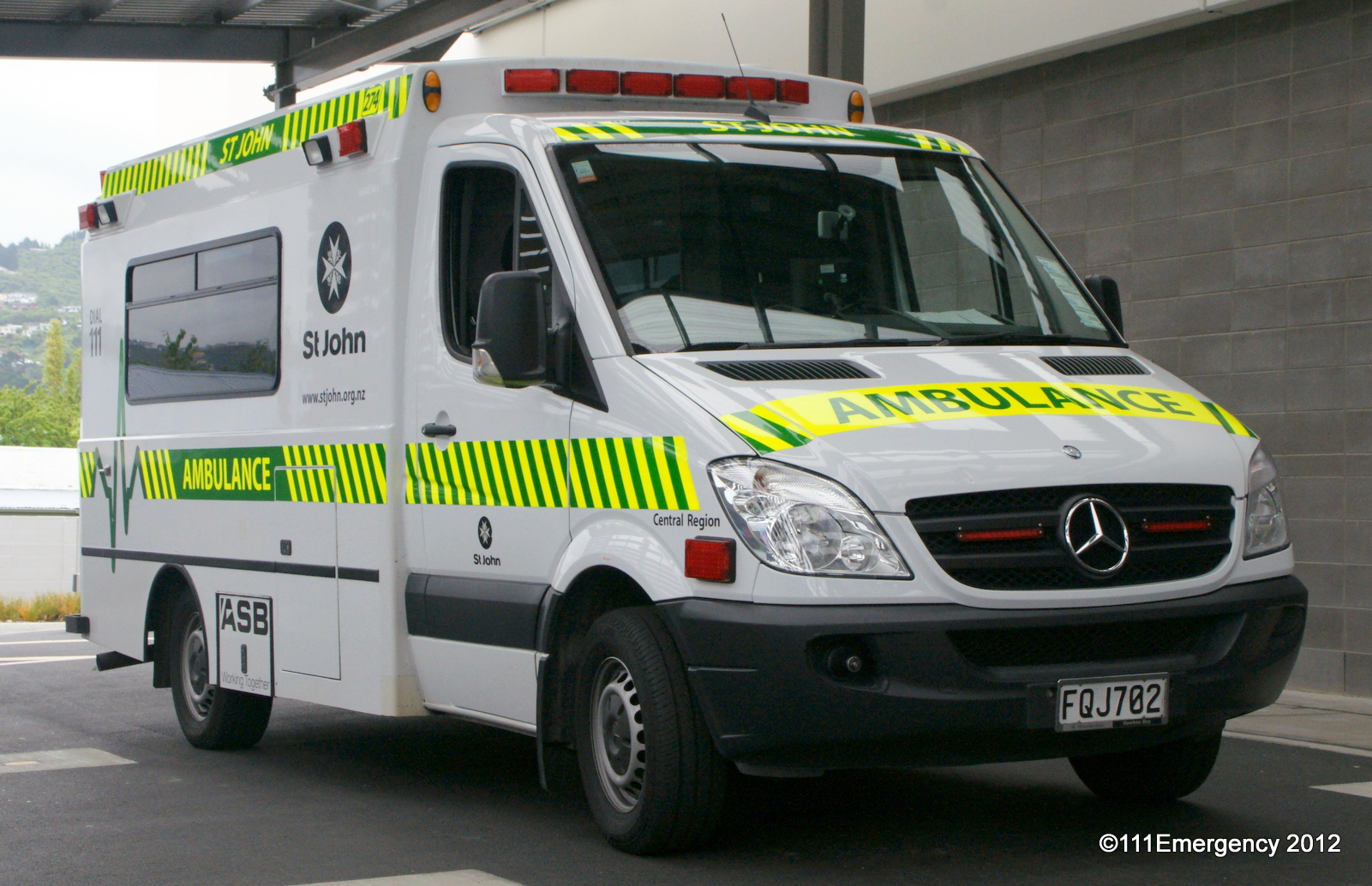News release
From:
This study looked at how often different ethnic groups in New Zealand used emergency medical services (EMS) when they had a heart attack or similar serious and sudden heart problems between 2019 and 2021. The researchers found that out of 19,283 patients, Māori, Pacific, Indian and nonIndian Asian people were statistically significantly less likely to use EMS compared with Europeans. This was true for two types of heart attacks studied: STEMI and NSTEMI. The study suggests that there are barriers preventing these groups from using EMS. Strategies have been shown to improve healthcare access, such as good quality information, reduced costs and health professionals who are culturally aware and safe. By implementing these strategies, it may be possible to improve access to emergency heart care for non-European ethnic groups in New Zealand, so that they experience the same level of access as Europeans in this country.



 New Zealand
New Zealand


